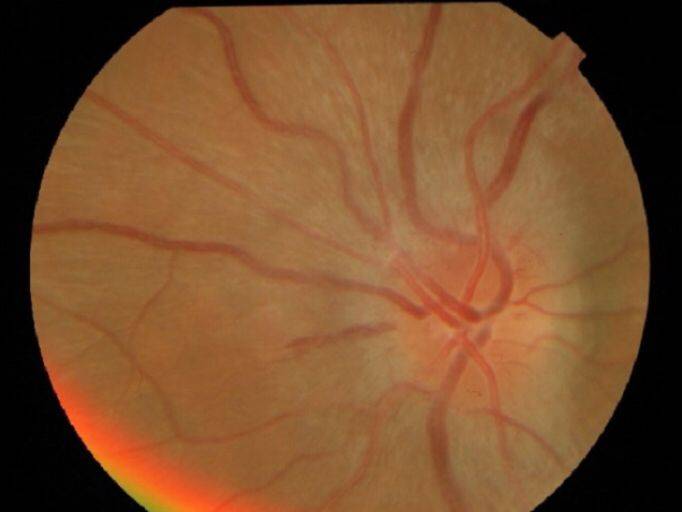Optic neuritis is a condition characterized by inflammation of the optic nerve, which is responsible for transmitting visual signals from the eye to the brain. It refers to the inflammation of the optic nerve, which can cause visual disturbances and affect vision in one or both eyes. It commonly occurs as an isolated episode but can also be associated with certain underlying conditions, such as multiple sclerosis. Here is a brief explanation of optic neuritis, along with its symptoms, diagnosis, causes, effects, treatment, and prevention:
Symptoms of Optic Neuritis:
The symptoms of optic neuritis may include:
Visual loss or blurred vision, often affecting one eye
Decreased color vision or desaturation of colors
Eye pain, which may worsen with eye movement
Loss of visual contrast sensitivity
"Flashing lights" or the perception of flickering lights in the visual field
Visual field defects or blind spots
Diagnosis of Optic Neuritis:
The diagnosis of optic neuritis is typically made by an eye care professional or a neurologist. It may involve the following:
Detailed medical history and eye examination
Visual acuity testing
Visual field testing to assess peripheral vision
Pupillary response assessment
Optical coherence tomography (OCT) to evaluate the thickness of the optic nerve fibers
Magnetic resonance imaging (MRI) of the brain and orbits to detect any associated abnormalities or signs of multiple sclerosis
Causes of Optic Neuritis:
The exact cause of optic neuritis is often unknown, but it is believed to involve an autoimmune reaction where the immune system mistakenly attacks the myelin sheath surrounding the optic nerve. Optic neuritis can occur on its own or may be associated with conditions like multiple sclerosis, viral infections, or autoimmune disorders.
Effects of Optic Neuritis:
Optic neuritis can lead to various effects, including:
Temporary or permanent vision loss or impairment
Reduced contrast sensitivity and color vision
Impaired depth perception and visual field defects
Functional limitations in daily activities that require good vision
Treatment of Optic Neuritis:
The treatment of optic neuritis aims to reduce inflammation and manage associated symptoms. It may involve:
Intravenous corticosteroids to reduce inflammation and speed up recovery
Oral corticosteroids for individuals who cannot tolerate or access intravenous treatment
Pain management medications, if necessary
Close monitoring of visual function and regular follow-up with an eye care professional or neurologist
Prevention of Optic Neuritis:
There is no specific way to prevent optic neuritis. However, maintaining overall good health, managing underlying conditions, and following a healthy lifestyle may help reduce the risk or severity of optic neuritis episodes.
References:
Mayo Clinic. (2020). Optic neuritis. Retrieved from https://www.mayoclinic.org/diseases-conditions/optic-neuritis/symptoms-causes/syc-20354953
Cleveland Clinic. (2021). Optic Neuritis. Retrieved from https://my.clevelandclinic.org/health/diseases/14256-optic-neuritis




No comments yet
Be the first to share your thoughts!